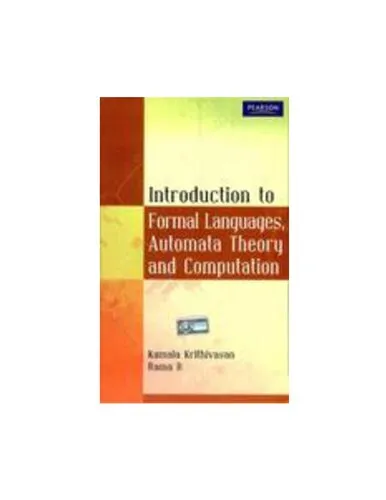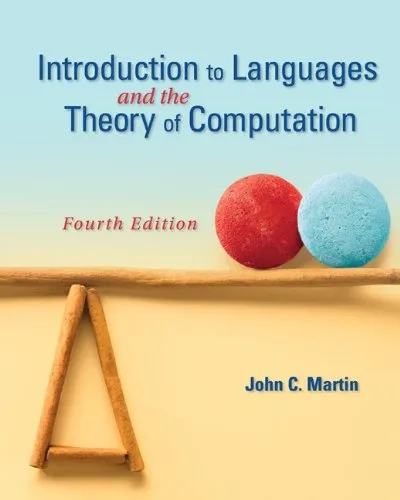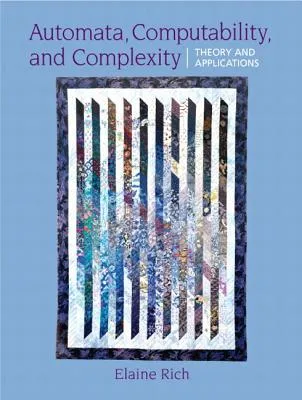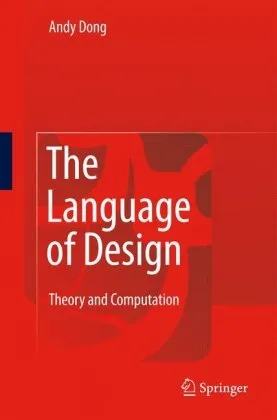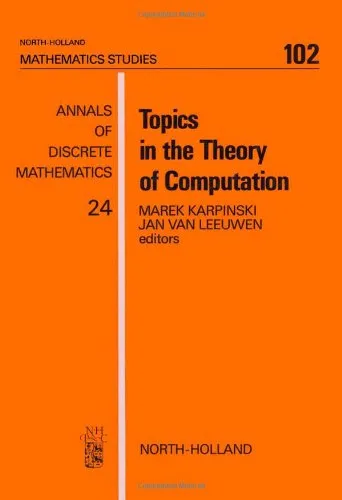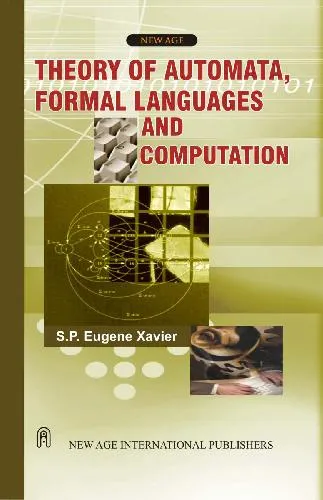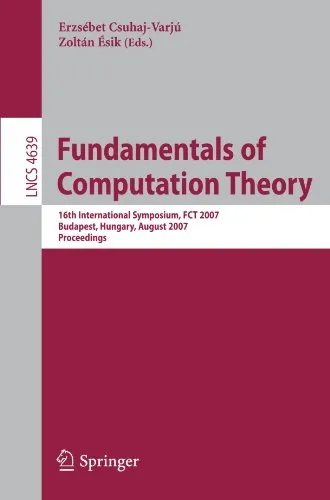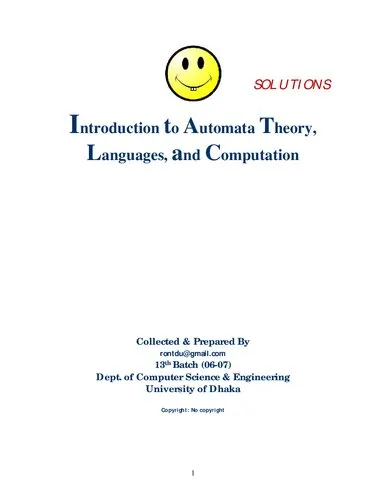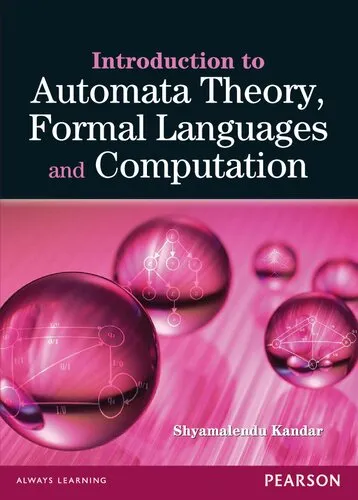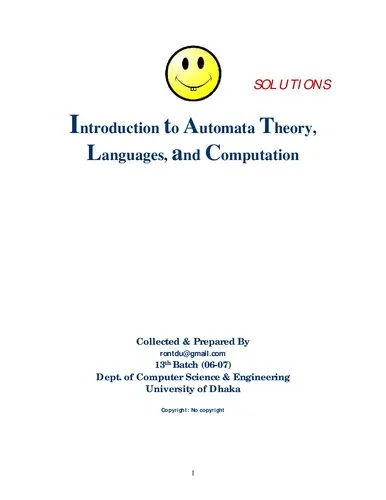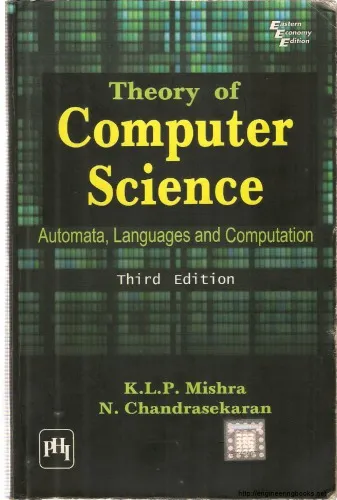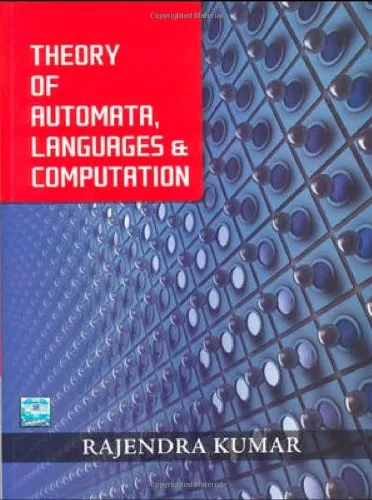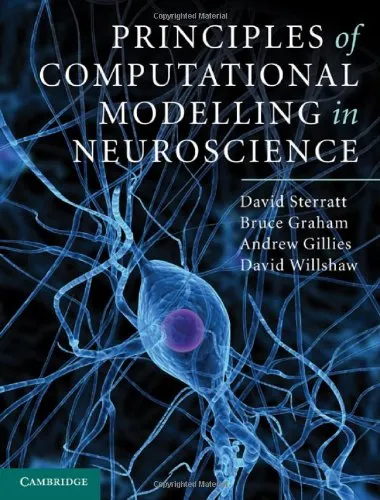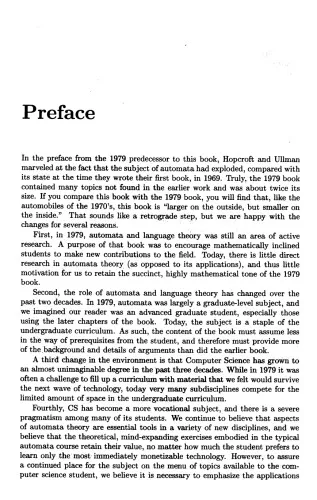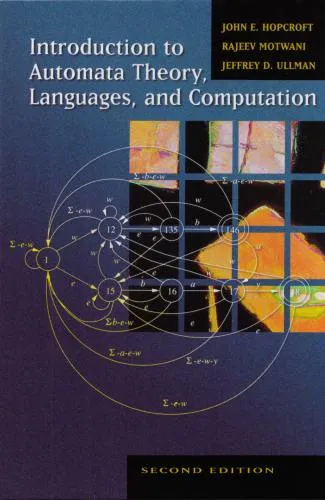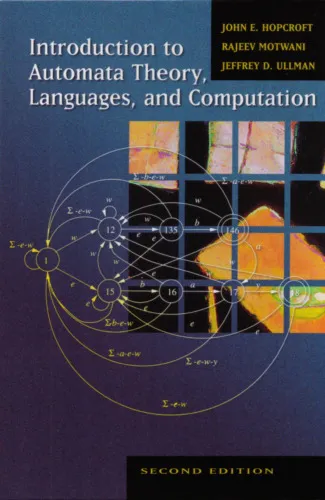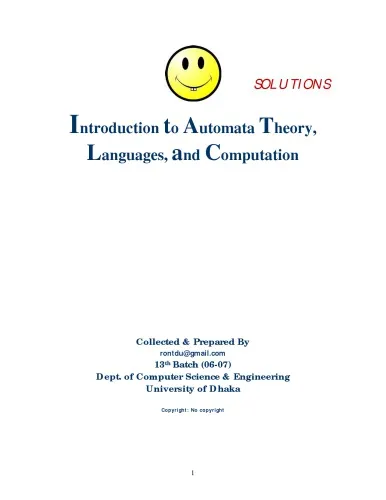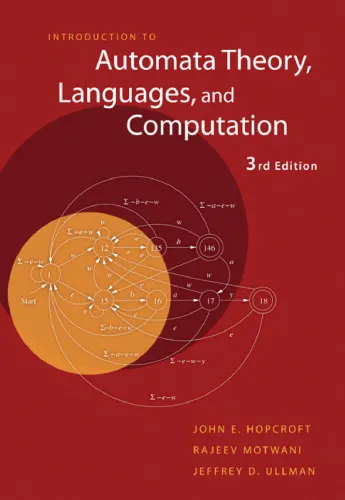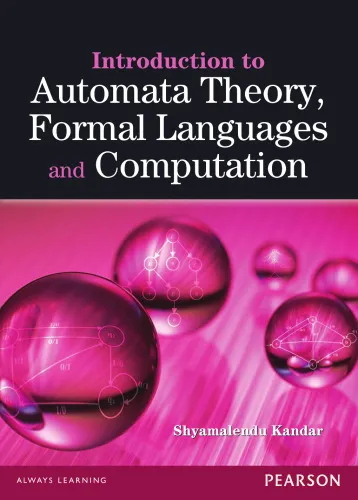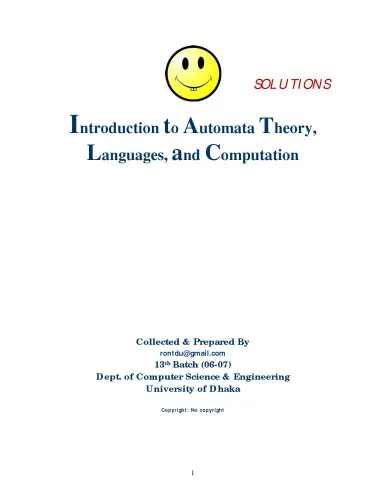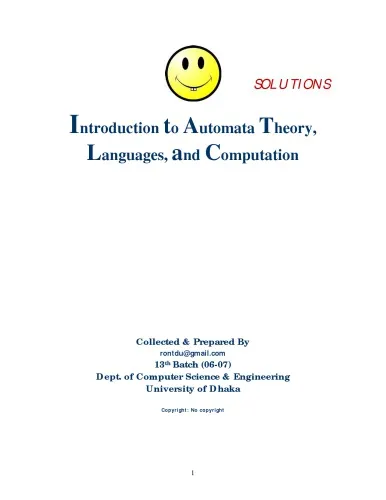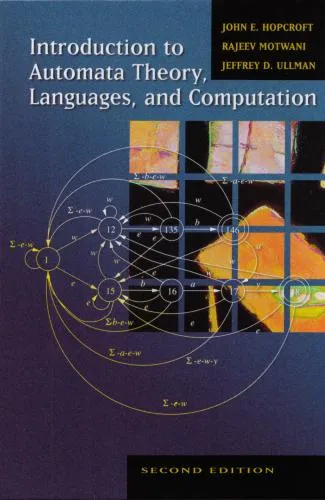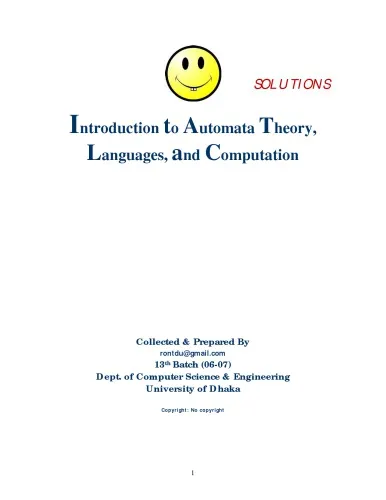Introduction to Formal Languages, Automata Theory and Computation
4.3
Reviews from our users

You Can Ask your questions from this book's AI after Login
Each download or ask from book AI costs 2 points. To earn more free points, please visit the Points Guide Page and complete some valuable actions.Related Refrences:
Introduction to Formal Languages, Automata Theory and Computation
Welcome to the realm of Formal Languages, Automata Theory and Computation – a fundamental part of Computer Science that explores the theoretical foundations of computation and formal languages. This book, 'Introduction to Formal Languages, Automata Theory and Computation', serves as a comprehensive guide for students and professionals who are keen on delving deep into the intricacies of computation.
Detailed Summary of the Book
The book is structured to seamlessly transition from basic concepts to more complex theories, making it accessible to learners at different levels of understanding. It begins with an introduction to formal languages, detailing the significance of symbols, alphabets, and strings. Gradually, it introduces the reader to automata, starting with finite automata and then expanding to more complex models such as pushdown automata and Turing machines.
A unique aspect of this book is its balance between theory and application. Each chapter is designed to build on the previous concepts, ensuring a coherent flow that supports progressive learning. Illustrative examples are integrated throughout the text to clarify complex ideas and encourage practical understanding. The book also delves into computational theory topics, exploring contexts such as undecidability and complexity classes, which are indispensable for students and practitioners focusing on theoretical computer science research.
Key Takeaways
- Comprehensive coverage of formal language theory and automata, providing a strong foundational understanding.
- In-depth exploration of computational theory, reality, and its limitations.
- Application-oriented examples that bridge the gap between theoretical concepts and real-world scenarios.
- Progressive learning curve structured in a manner that caters to beginners and advanced learners in computer science.
Famous Quotes from the Book
This book contains numerous thought-provoking insights that encourage deeper reflection on the nature of computation and language. Here are some excerpts that encapsulate the essence of the learning experience:
"Understanding the language of computation is akin to acquiring a new lens to perceive the possibilities of what machines can achieve and what they will never master."
"Automata are not just abstract machines; they are the very essence of how we codify structured information and processes."
Why This Book Matters
The significance of 'Introduction to Formal Languages, Automata Theory and Computation' lies in its role as a cornerstone text for anyone pursuing computer science. In a rapidly evolving technological landscape, understanding the theoretical underpinnings of computation has never been more crucial. This book provides the necessary tools to not only comprehend but also innovate within the field. By shedding light on the mechanics and limitations of computation, it empowers readers to contribute to developments in areas like algorithm design, artificial intelligence, and software development.
Furthermore, this text fosters critical thinking and problem-solving skills, which are essential competencies in any technical domain. It invites readers to challenge assumptions and expand their cognitive boundaries, ensuring they are well-prepared for both academic pursuits and industry challenges.
Free Direct Download
You Can Download this book after Login
Accessing books through legal platforms and public libraries not only supports the rights of authors and publishers but also contributes to the sustainability of reading culture. Before downloading, please take a moment to consider these options.
Find this book on other platforms:
WorldCat helps you find books in libraries worldwide.
See ratings, reviews, and discussions on Goodreads.
Find and buy rare or used books on AbeBooks.
1700
بازدید4.3
امتیاز0
نظر98%
رضایتReviews:
4.3
Based on 0 users review
Questions & Answers
Ask questions about this book or help others by answering
No questions yet. Be the first to ask!
